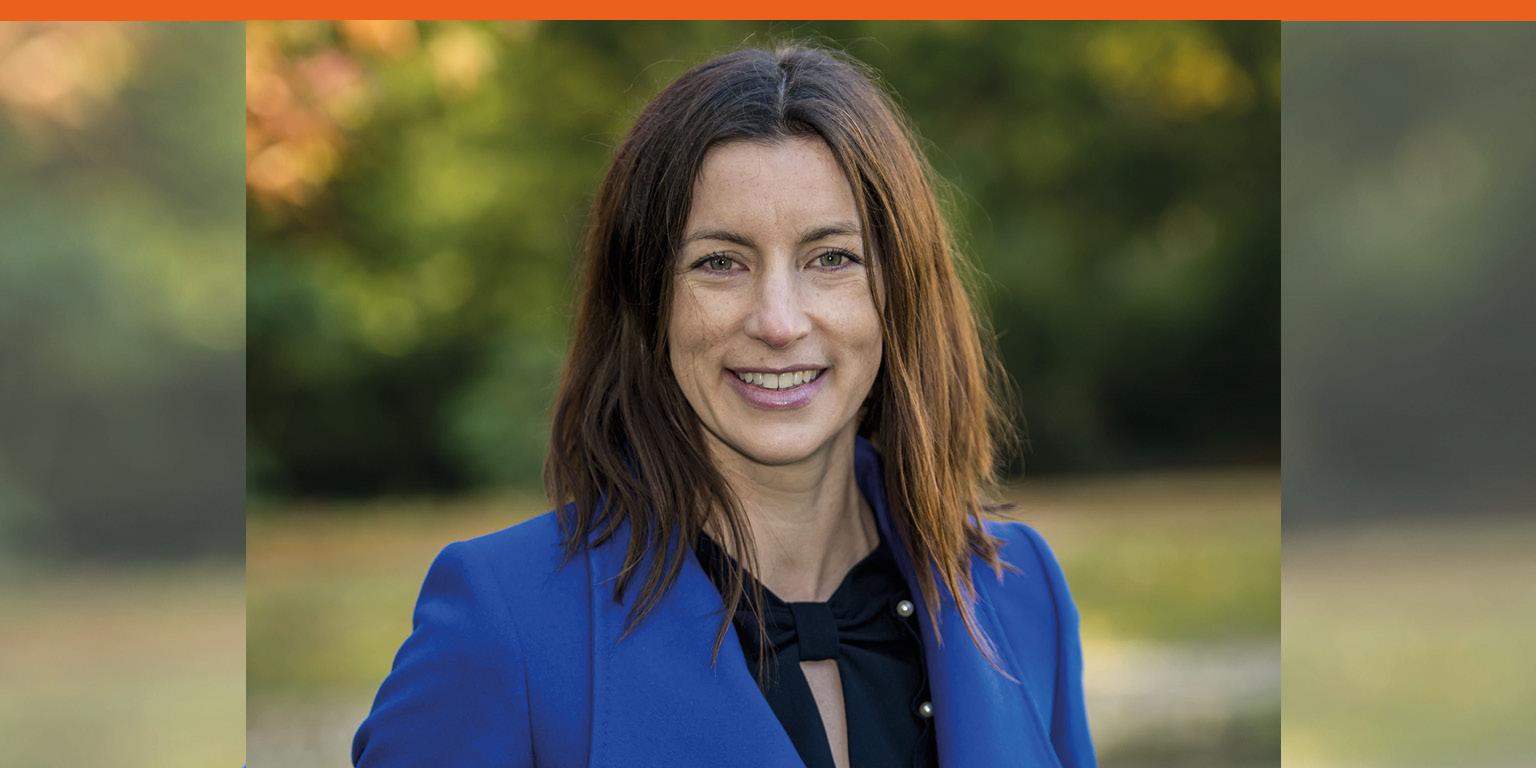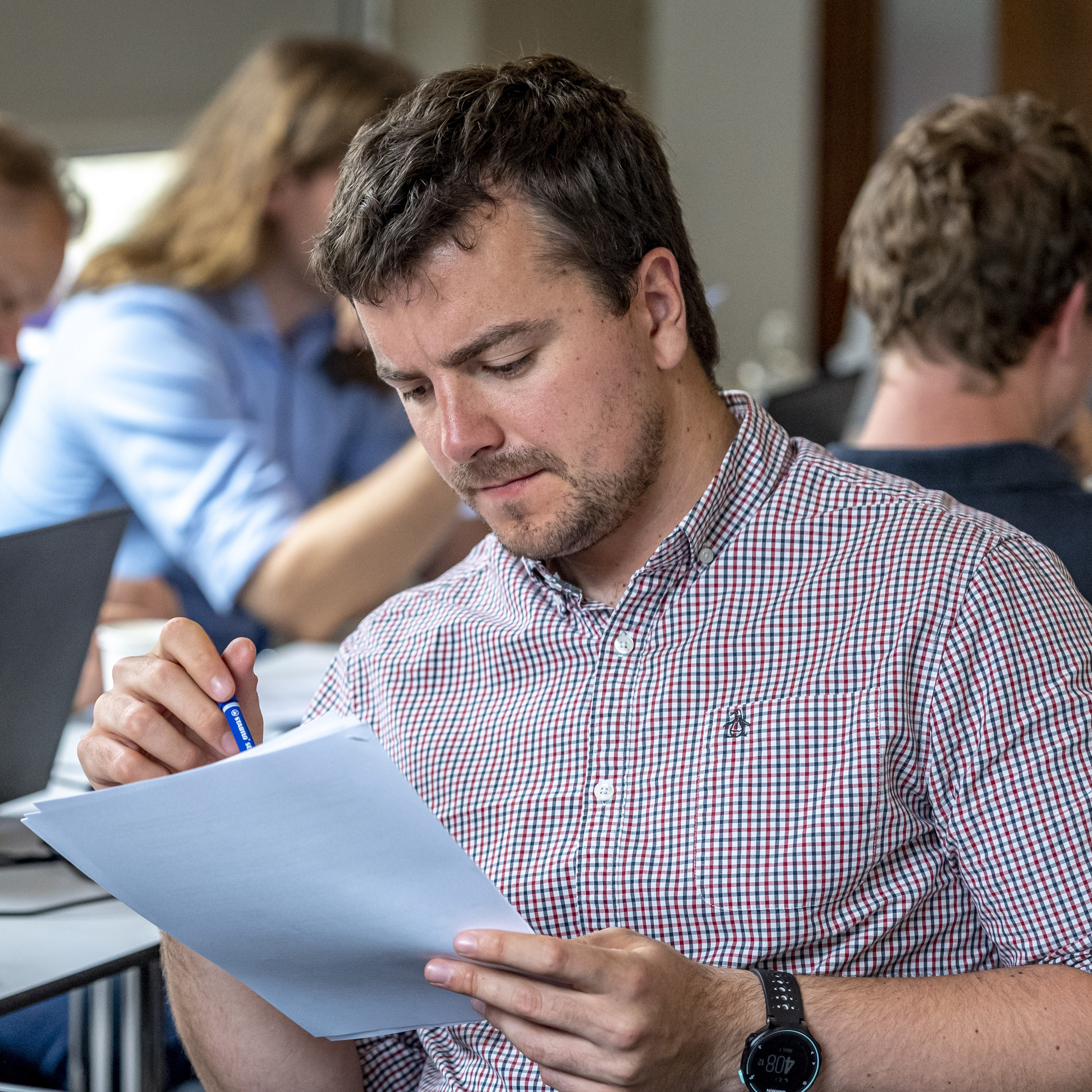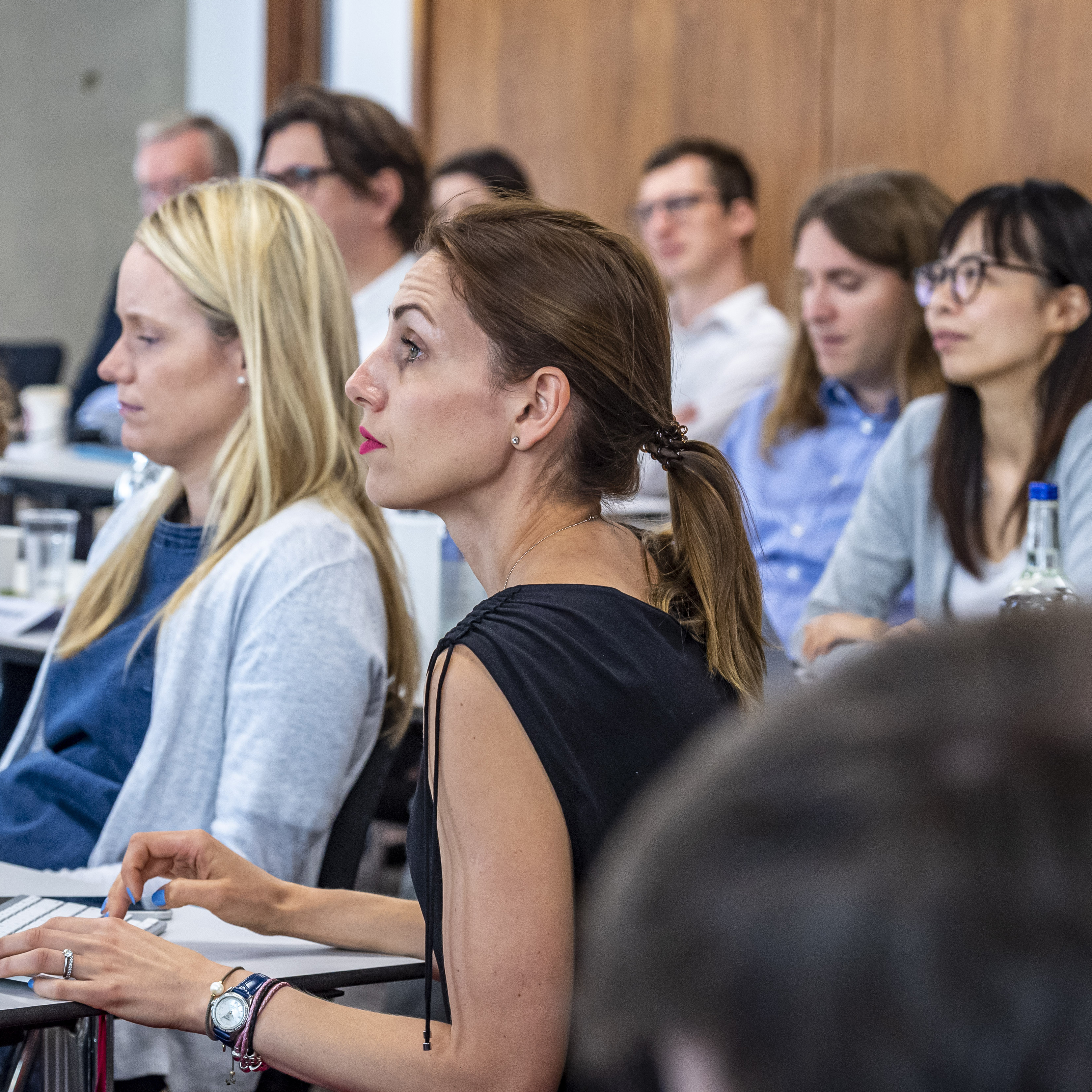
Leadership in construction is something that is frequently bemoaned and rarely defined. What makes a good leader? Is it something that can be taught? Cambridge University's Laing O'Rourke Centre for Construction Engineering and Technology has run the Construction Engineering Master's (CEM) programme since 2011. The centre was set up from support from Laing O'Rourke to develop research and leadership in construction.
The master's is a part-time programme taught in seven residential week-long blocks over two years, culminating with a 15,000 word dissertation based on a research project. Around 100 people contribute to the programme from industry and government, as well as academics from Cambridge and other universities. Although not as expensive as other executive education programmes, it is still a considerable investment, and would set you (of your employer) back by just shy of £26,700. But can you put a price on developing a leader? The programme has built up great relationships with industry and picks up a fair amount of repeat business from companies who have been impressed with how it has developed their staff, who in turn go on to develop their business.
Dr Kristen MacAskill, a civil engineer herself, is the course director. She spoke to Civil Engineering Surveyor about what kinds of leader construction needs, and what an academic programme can do to nurture them.
What is the aim of a professional master's programme?
To broaden the horizons of people who are in the construction industry. Whether contractors, clients, construction lawyers, architects - people in construction in its widest sense - can all become advocates of change. The industry needs to dramatically transform and we need to educate people within the industry to facilitate that.
Who can apply?
We ask for a minimum of five years' experience, purely because we want a level of maturity. We're looking for people who are proactive. A standard applicant will have the equivalent of a 2:1 UK degree, but we do look at non-standard applications. The average age is early 30s, but we often have people who are much older than that.
Why would someone choose to do a professional master's?
There are a variety of reasons. The younger ones are wanting to do this for career development and to help them move up into leadership roles. Others are already in leadership roles and are concerned that they are too blinkered to be able to change their business, and the programme gives them that opportunity to reflect.
While everyone's got different motivations and backgrounds, when you bring them together, it works quite nicely and they all contribute and learn from each other in different ways.
What’s on the syllabus?
We begin by looking at the wider context of the built environment and how government operates – that’s often a big learning curve, because most people in our industry don’t have any exposure to how we might actually influence the policy process. We look at how cities develop; ethics and sustainability; designing for value; innovation; advanced materials and technology; finance and procurement. We’re looking at more advanced skills of how you lead people in your organisation and influence change.
Do established professionals struggle when they’re faced with something they’ve had no experience of?
We’re not expecting a procurement specialist to be able to design a bridge, we’re creating awareness of what is coming up in research, and how that might apply to the industry. There will always be lectures of more interest to some than other, but everyone gets to hear experiences and issues facing the others – and that is very valuable.
It is a considerable investment, are the majority of students supported by companies or self-funded?
Most have support from their companies. There are part-scholarships available that those who self-fund can apply for. It is a lot of money to invest, but we’ve found companies tend to continue sending employees to the programme once they’ve seen the value of it.
What results are businesses seeing from employees who have completed the programme?
Some alumni have really accelerated into leadership roles. While we look for applicants who already demonstrate leadership qualities, we are confident we are having an impact. Feedback from companies and students themselves shows we develop their professional capabilities; broadening their understanding of the industry, developing their communication skills and giving them the confidence to ask questions in potentially intimidating settings.
I have also had feedback from people who have developed their realisation of how capacity they actually have. They’ve managed to do this really demanding degree on top of their job and it increases their drive to do other things and to take on more responsibility.
The master’s has been described as an MBA for construction, are you happy with that comparison?
It’s an alternative option to an MBA. CEM is fundamentally a research-based degree. We are lucky to work closely with business school academics who deliver core content on the CEM, however, an MBA is structured very differently.
Our first year is all about developing people’s ability to frame and conduct research, and write in a convincing way. That is not intuitive to people in industry, because they’re so used to a client coming to them with a problem, and based on their expertise they give an answer. We’re trying to get them out there first, asking the right questions and finding out which problems we should be addressing.
Do you get excited by the questions students are researching?
Yes! Because of their impact. CEM research is not like traditional theoretical research that can have a long gestation period. I’m from industry originally and what I enjoy most is seeing the value that academic research has on individuals when they go straight back into industry.
We’ve had research on the changing nature of design through automation; how we measure technical competency in an organisation; the impact of asking fabricators to shift from a 2D to 3D drawing environment; the performance of collaborative contracts; the culture of procurement – all topics of change for the industry.
What qualities make a great construction leader?
Technical expertise is important, but its not enough. They need to be able to engage with people in other disciplines. They need to develop a sense of when things are going wrong, and have the communication skills to and the ability to bring people together to address that. Also, while it’s not necessarily a specific skill, good leaders have an overall attitude that they bring to their job. You can see that in people who are known to be good at what they do.
What about the leaders of the future, what traits will they need?
The underpinning leadership values are going to stay the same. The industry obviously doesn’t have diversity in the way that it needs to. There will be changes in technology, but I don’t think we’ll necessarily need experts in coding to be leading organisations and institutions of the future.
Leaders will need to be able to engage with people who have experience in other sectors, because they ask questions that others don’t – and that’s what helps bring change.
Do you feel positive about the future of construction?
Absolutely! I wouldn’t do this if I didn’t think that we were having an impact.
---
Dr Kristen MacAskill, Construction Engineering Master’s Course Director (2017 – 2020) and Cambridge University Lecturer in Engineering, Environment and Sustainable Development, Department of Engineering, was talking to Abigail Tomkins.
Further CEM information and contact details:
Website: https://www.construction.cam.ac.uk/education/cem
Email: cem.director@cam.ac.uk
Twitter: @CEMCambridge




